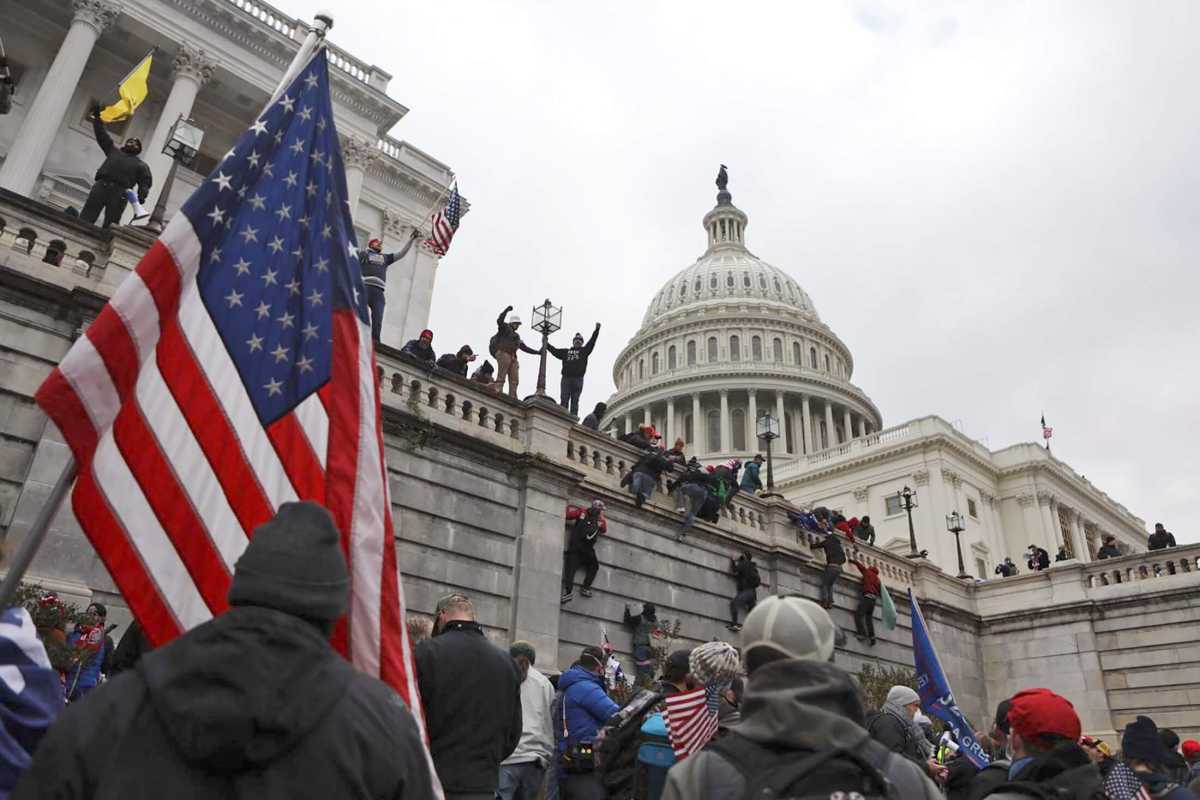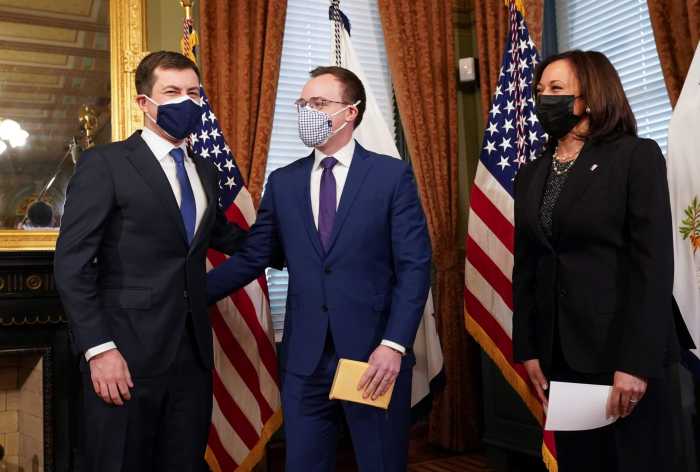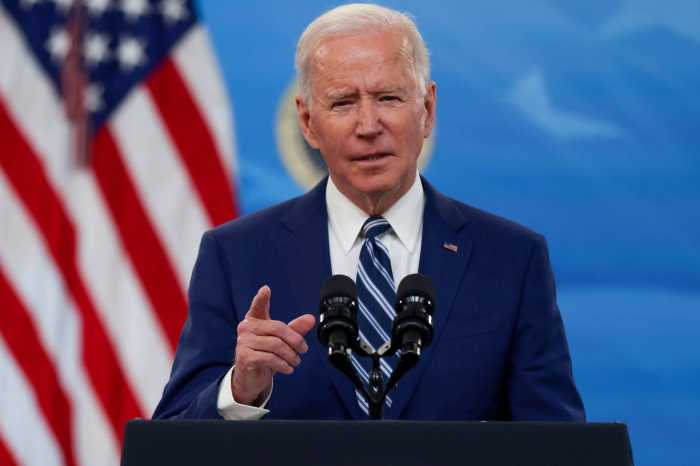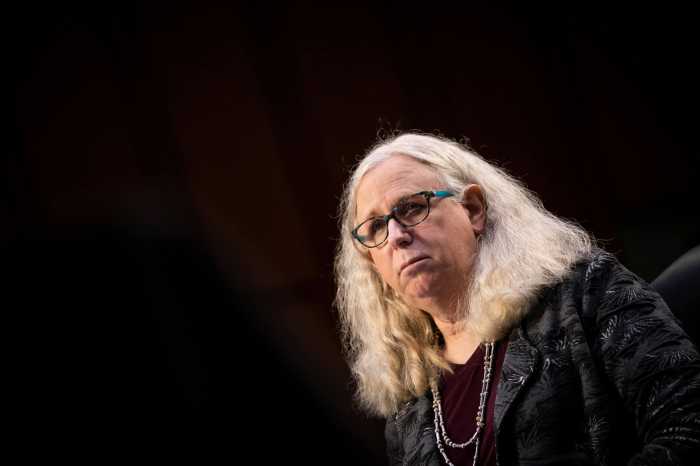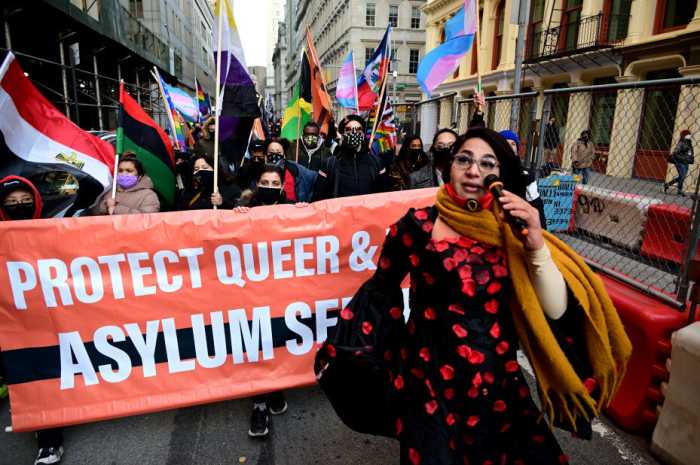Striking a defiant tone, Brandon Straka, the out gay founder of the #WalkAway Campaign, argued in a January 18 sentencing memorandum that his promoting and joining the rioting at the US Capitol building on January 6, 2021 was speech that is protected by the First Amendment of the US Constitution and he should receive “a sentence of time served for the two days he has already served in jail, or a short term of house arrest coupled with community service.”
“The government fixates on defendant’s social media following and is apparently attempting to make a public example of a prominent Trump-supporting influencer,” wrote Bilal Essayli, a partner at Essayli & Brown in Irvine, California. “In its brief, the government attacks defendant’s constitutionally protected political speech, beliefs, and activities.”
The memo served as a response to the government’s January 13 sentencing memorandum outlining recommendations for Straka’s punishment after he pleaded guilty to a single misdemeanor of being on the US Capitol grounds when they were closed to the public on January 6, 2021. The government recommended that he be sentenced to four months of home detention and three years on probation as well as being required to pay $500 restitution and perform 60 hours of community service. The government’s memorandum had tables showing that Straka’s proposed sentence is generally consistent with sentences given to dozens of other January 6 defendants.
Essayli wrote that the government’s memorandum was “filled with hyperbolic rhetoric, out of context statements of defendant, and non-relevant conduct designed to stoke political flames.” In a footnote, he wrote that the government had used “highly inflammatory characterizations” of Straka in its sentencing memorandum.
There is no evidence that Straka entered the Capitol building or participated in the rioting other than urging the crowd to take a plastic shield from a police officer. In a video he made during the rioting, Straka can be heard saying “take it, take it” as the crowd attacks the police officer. Essayli wrote that Straka was “repeating the statement in a low tone to his phone to document what was being said. It was not a call to action.”
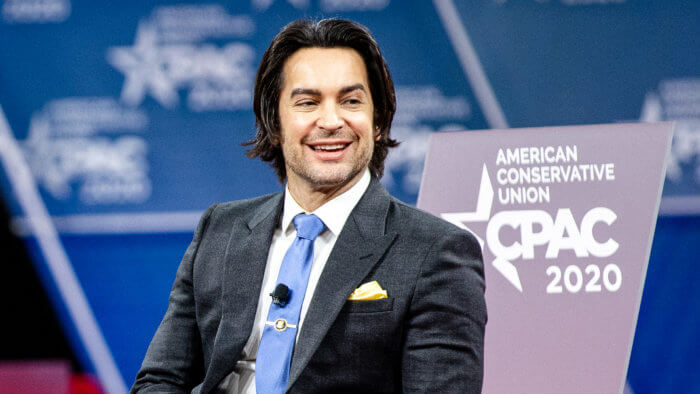
Straka became a darling of the far right in 2018 when he released a video announcing he was leaving the Democratic Party and becoming a Republican, though voting records suggest he had a nominal interest in being a Democrat. The #WalkAway Campaign was founded to urge Democrats to switch to the Republican Party. Straka appeared on right wing media outlets, spoke at conservative conferences, and eventually at Trump campaign rallies in 2020. He also spoke at post-election events including a #StoptheSteal Coalition rally held in Washington, DC the day before the Capitol riot.
Essayli asserted, correctly, that Straka’s participation in these events was protected speech and that it should not be considered when setting his sentence. His conduct and his speech at the Capitol building were not protected by the First Amendment, though Essayli characterized those as protests.
“Defendant and others present on January 6 were engaged in a protest to express their dissatisfaction with the manner in which the 2020 presidential election was conducted and certified,” he wrote. “Doing so in a peaceful manner was well within their First Amendment rights.”
Straka must have been aware that police were trying to keep the crowd out of the building when he arrived at a door on the east side of the Capitol and that the crowd was using force to go in. He clearly observed the fight with the police officer. About six minutes into his video, Straka turns his phone on himself and says “They’re using gas. We’re being gassed right now.”
Essayli wrote that Vice President Kamala Harris and Congressmember Maxine Waters of California supported the Black Lives Matter movement when members of that “movement were burning cities and calling for violent unrest in the streets.” Unlike the rioting at the Capitol building, Black Lives Matter protests were overwhelmingly peaceful.
“Politicians like Harris and Waters make incendiary comments with impunity and face no scrutiny or legal consequences from the Justice Department,” he wrote. “Defendant should not be punished for using similar language, regardless of his political affiliations.”
Essayli, a Republican, ran for California State Assembly in 2018 under the name Bill Essayli, but lost to Democrat Sabrina Cervantes. A former prosecutor, he has been active in California’s Republican Party since college and is running for a State Assembly seat again this year. He was an intern in 2008 in the White House during George W. Bush’s second term while earning his law degree at Chapman University.
John Eastman, who has a lengthy anti-LGBTQ record, was the dean at Chapman’s law school from 2007 through 2010. Following the 2020 election, Eastman authored a memo for the Trump White House that described a process that could be used to overturn the election and give Donald Trump a second term. Roughly 150 colleagues at Chapman endorsed a letter that demanded that Eastman be fired. He resigned in January of last year.
“I’m totally disgusted with Chapman University’s decision to force John Eastman off its faculty,” Essayli wrote on his Facebook page. “His only transgression was daring to defend our President and the sanctity of our elections.”

